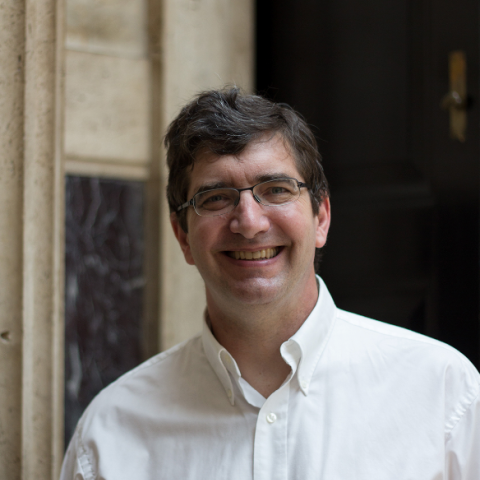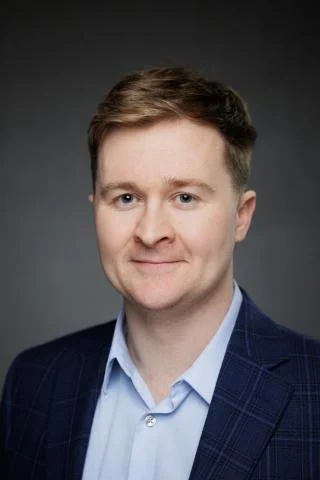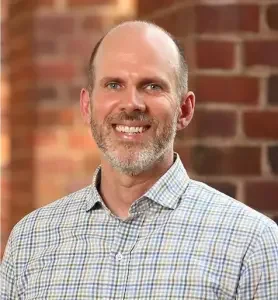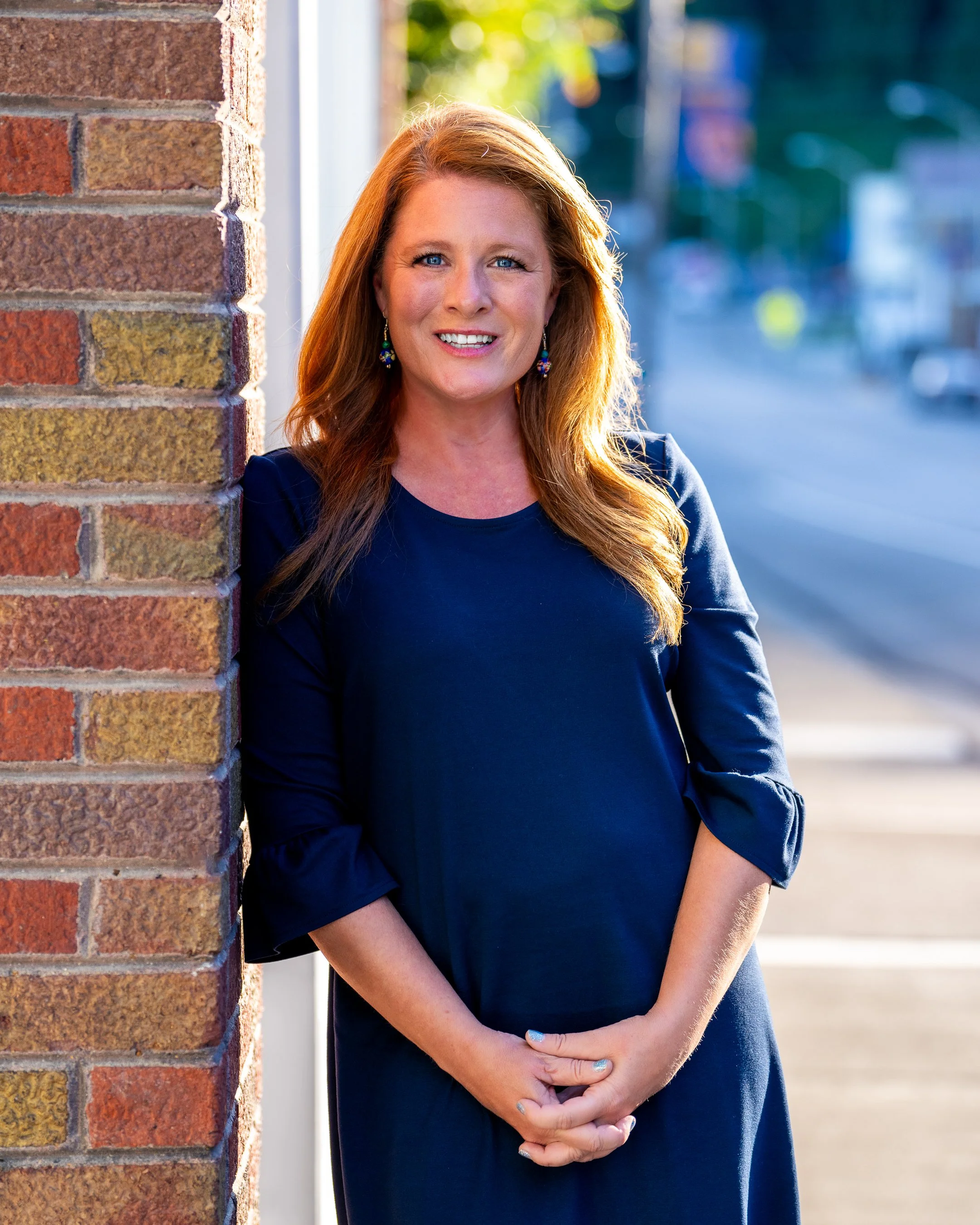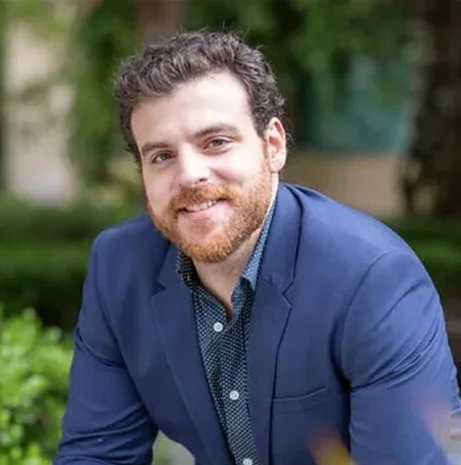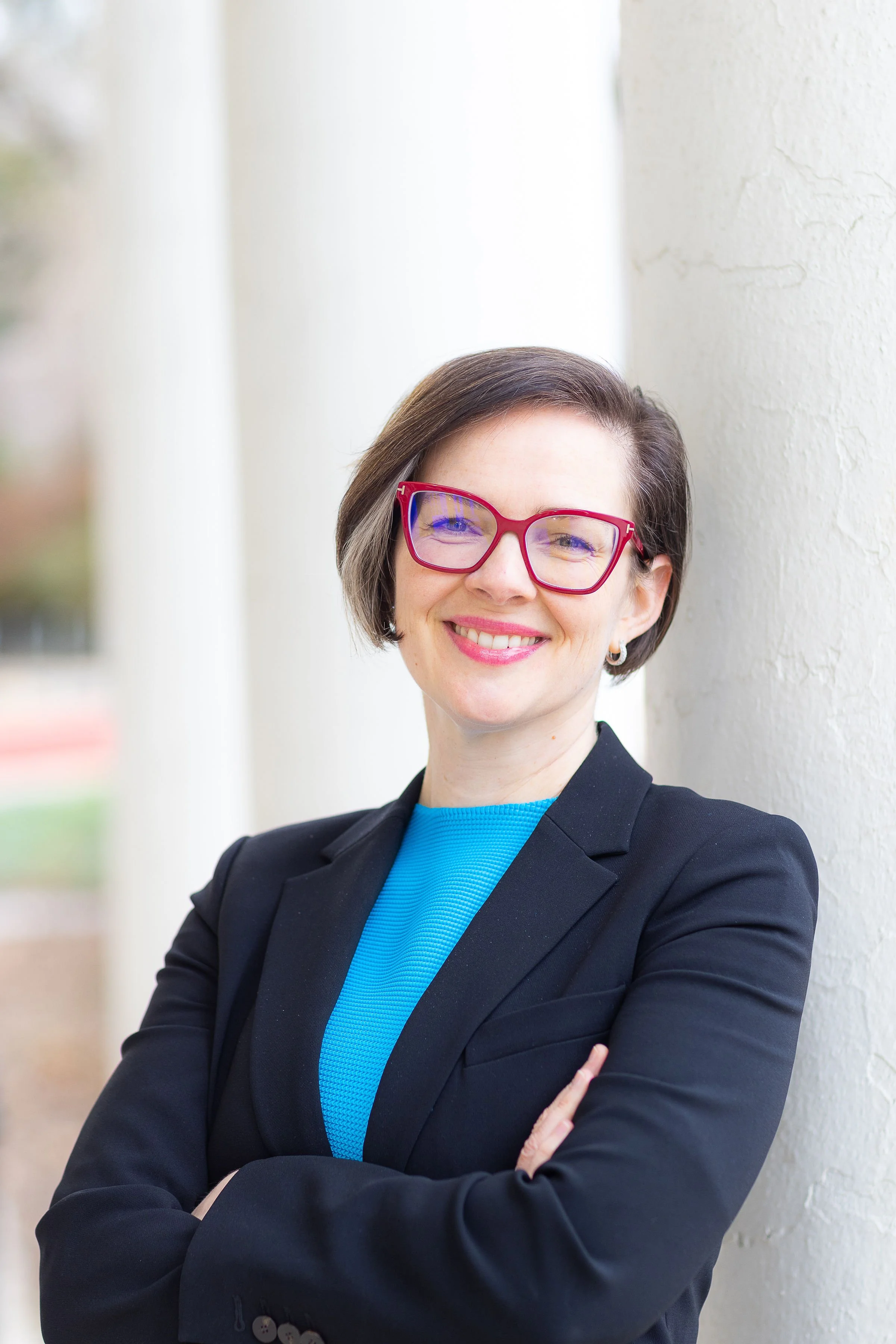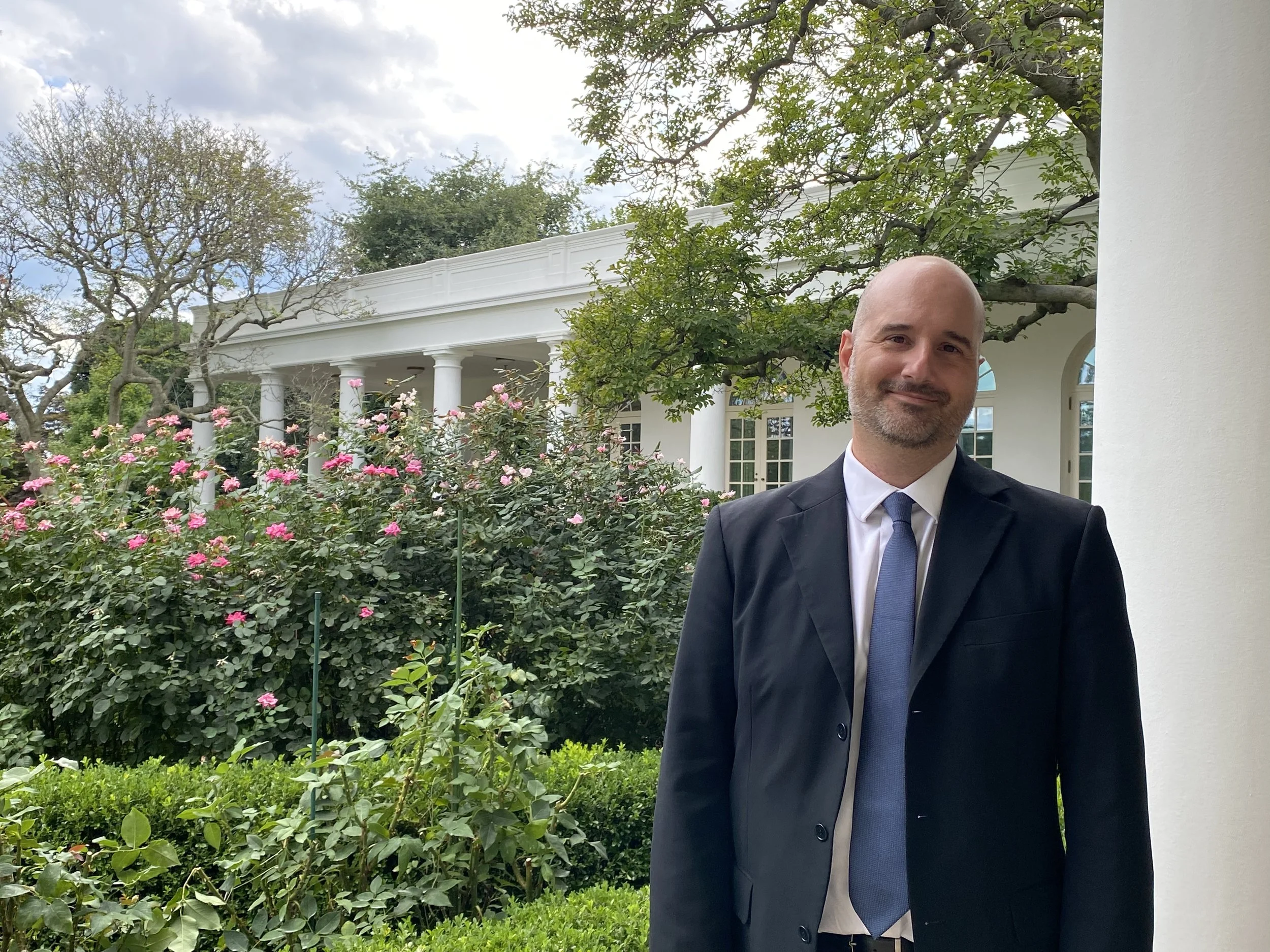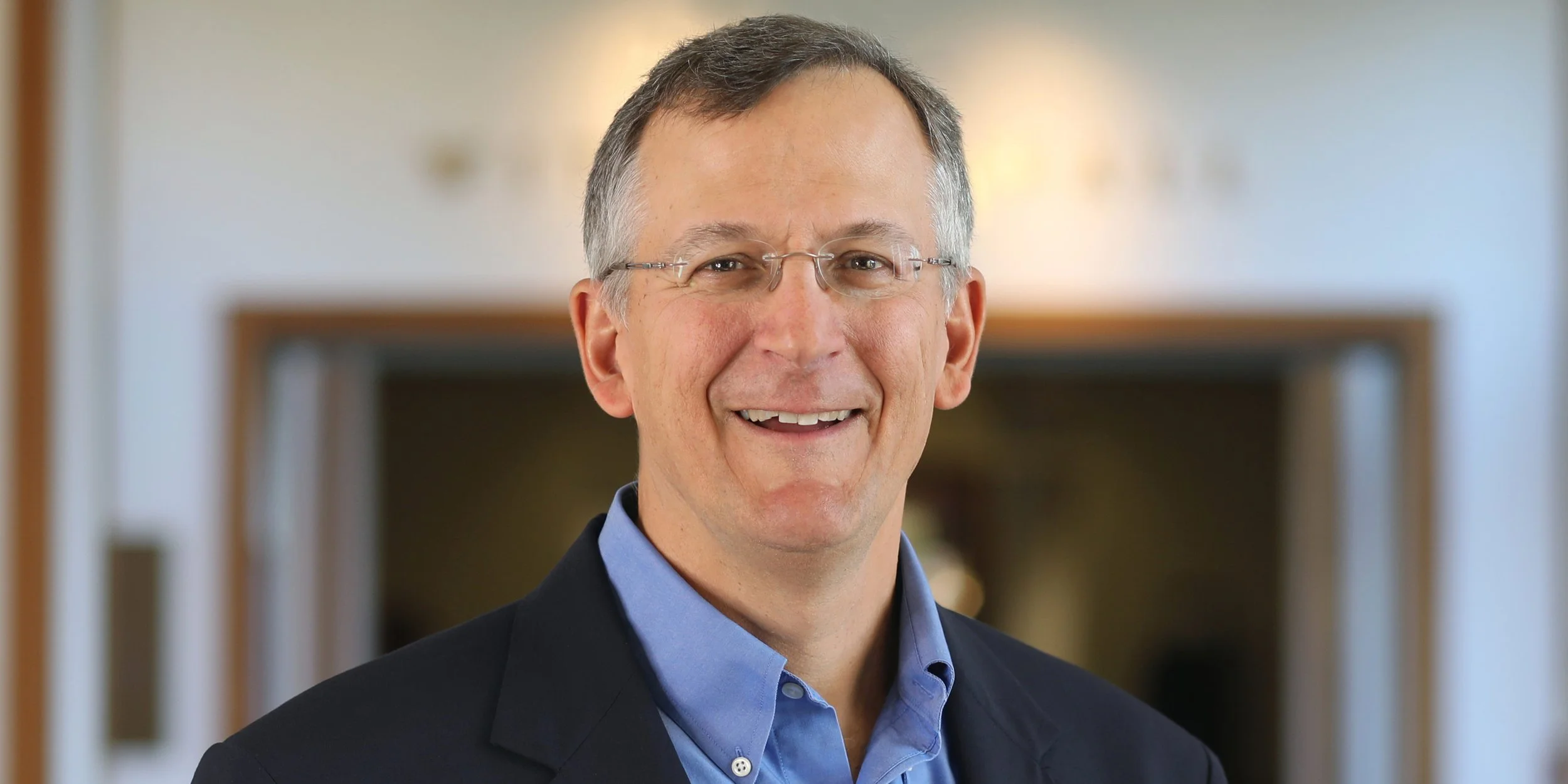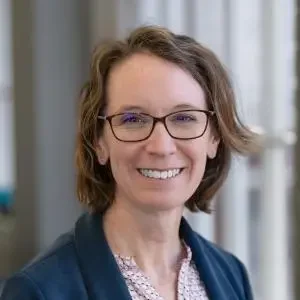Elizabeth Andrews
Elizabeth Andrews is a Distinguished Law and Policy Fellow at the Institute for Engagement & Negotiation, a part of the Weldon Cooper Center at the University of Virginia (UVA). In that role, she works on the Resilience Adaptation Feasibility Tool (RAFT) project to increase resilience in local communities across Virginia, as well as conducting law and policy analysis on environmental and natural resources issues. Prior to this role, she served as the inaugural Environmental Sustainability & Resilience Practitioner Fellow of the Environmental Institute at UVA, where she focused on climate change resilience and natural resources-related law and policy projects, including authoring an online guide for local government staff and elected officials, Proactive Planning for Resilience: Protocols for Community-Led Climate Adaptation in Virginia. She formerly served as a Professor of the Practice and long-term Director of William & Mary Law School’s Virginia Coastal Policy Center; as Senior Assistant Attorney General and Chief of the Environmental Section of the Virginia Office of the Attorney General; and as the Water Policy Manager for the Virginia Department of Environmental Quality. She has worked closely with the legislature, the regulated community, nonprofits and community organizations to address environmental and resilience challenges facing Virginia.
Elizabeth is a graduate of the College of William & Mary and received her Juris Doctor degree, summa cum laude, from the Washington College of Law at American University. She is a legislatively appointed member of the Virginia Land Conservation Foundation Board, and a peer-elected Fellow in the American College of Environmental Lawyers. She has served as the Virginia representative on the Chesapeake Bay Program’s Climate Resiliency Workgroup, and as a member of the Board of Governors of the Environmental Section of the Virginia State Bar. In 2020, she was appointed by the Governor to the Technical Advisory Committee charged with steering development of Virginia’s first Coastal Resilience Master Plan, and served as Chair of its Finance Subcommittee. She also served as a member of the Expert Study Board convened by the Virginia Academy of Science, Engineering & Medicine (VASEM) to research and draft the report, The Impact of Climate Change on Virginia’s Coastal Areas, requested by the Virginia General Assembly in 2020. In 2024, she was selected to receive the Gerald P. McCarthy Award for Leadership in Environmental Conflict Resolution in the Commonwealth of Virginia.
Andres Clarens
Andres Clarens is Associate Director of the UVA Environmental Institute, a Professor of Civil and Environmental Engineering, and the Director of the Virginia Environmentally Sustainable Technologies Laboratory. His research is focused broadly on how carbon is manipulated, reused, and sequestered in engineered systems. The results of his work have been important for developing efficient strategies for mitigating the emissions that are driving climate change. At the largest scales, his system-level modeling work has explored the life cycle of systems in the manufacturing, transportation, and energy sectors.
Scott Doney
Scott Doney is the Joe D. and Helen J. Kington Professor in Environmental Change at the University of Virginia. His research spans oceanography, climate and biogeochemistry, with an emphasis on numerical models, remote sensing, and data analysis. Doney is interested in how the global carbon cycle and ocean ecology respond to natural and human-driven climate change signals such as ocean warming, sea-ice loss, and ocean acidification due to the invasion of carbon dioxide from fossil fuel burning. He served as the Assistant Director for Ocean Climate Science and Policy in the White House Office of Science and Technology Policy.
Daniel Driscoll
Daniel Driscoll is an Assistant Professor in the Department of Sociology at the University of Virginia. His work lies at the intersection of decarbonization, economic policy, and finance.
Previously, he was a Postdoctoral Researcher at Brown University’s Watson School for International and Public Affairs. He has held visiting researcher positions at the Max Planck Institute for the Study of Societies in Cologne, Germany and the School for Advanced Studies in the Social Sciences in Paris, France. He received his PhD from the University of California San Diego.
His research has appeared in peer-reviewed journals such as Review of International Political Economy, Social Problems, Journal of Common Market Studies, and Comparative Politics. It has received attention from outlets such as The Financial Times and Bloomberg as well as external funding from the Andrew Mellon Foundation, the American Council of Learned Societies, and the Horowitz Foundation for Social Policy.
He is currently completing a book titled Why Carbon Taxes Failed, under contract with Oxford University Press. Outside of academia, he has worked with various think tanks, organizations, and governments.
Joao Ferreira
João Ferreira is a regional economist and lecturer at UVA’s Weldon Cooper Center and the Frank Batten School of Leadership and Public Policy. He holds a Ph.D. in Sustainable Energy Systems from the University of Coimbra and the MIT-Portugal Program. Before joining the Cooper Center in 2023, João was a Post-Doc Associate and Lecturer at the University of Aveiro, Rutgers University, and the University of Florida. João is passionate about environmental sustainability, supply chain analysis, and the impact of public policy on local and regional economies. His recent work includes studies on the economic and energy impacts of the data center industry, contributing to Virginia’s JLARC report and to a regional study of data centers in the Great Lakes area.
João is the author of several publications in top economic and sustainability journals and enjoys participating in international conferences, and he is regularly quoted in the regional and national media in the US and Europe. He has ongoing projects with researchers from Rutgers University, University of Florida and the University of Illinois in the U.S., as well as several universities in Portugal, Spain, and Italy. He is developing new methodologies to identify the linkages and interdependencies between sectors at the state and local levels. Outside the office, he loves food, hiking with his dog Dexter, and traveling to explore new places.
Jon Goodall
Jon Goodall is a Professor in the Department of Civil and Environmental Engineering at the University of Virginia (UVA) and Director of the UVA Engineering Link Lab. He is a water resources engineer working to advance the field of hydroinformatics where data and computational sciences are used to improve the understanding, forecasting, and management of water systems. In his research, he is working with students in the Hydroinformatics Research Group to adapt techniques from artificial intelligence, machine learning, and cyber-physical systems for real-time flood mitigation and improved flood resiliency.
Goodall is a registered Professional Engineer, a Fellow of the American Society of Civil Engineers, and an elected member of the Virginia Academy of Science, Engineering, and Medicine. He was awarded a CAREER Award from the National Science Foundation and an Early Career Award from the International Environmental Modelling & Software Society. Goodall earned his Ph.D. and M.S.E. in Civil Engineering from the University of Texas at Austin and his B.S. in Civil Engineering from the University of Virginia.
Amanda Hall
Amanda Hall is a first-generation college graduate and proud Appalachian from the coal fields of Eastern KY. She holds a BS degree in Environmental Science from Virginia Commonwealth University, an MS degree in Environmental Education from NOVA Southeastern University, and a PhD in Education-Curriculum, Culture, and Change from Virginia Commonwealth University.
Hall currently serves as the Community Builder for the Appalachian Resiliency Project, a community resiliency collaboration working in Southwest Virginia. The project is an effort from the University of Virginia’s Institute for Engagement and Negotiation and the UVA-WISE Office of Community and Economic Development.
Previously, Hall served as the Executive Director of the Western Carolina University Center for Community Engagement and Service Learning. Prior to her role at UNC/WCU, she spent 18+ years in Richmond, VA, - 10 years as a middle school Earth Science teacher and 8+ years at Virginia Commonwealth University within the Division of Community Engagement and School of Education. Prior to her tenure in Richmond, VA, Hall worked for the US Forest Service and Virginia State Parks in Southwest VA.
Jane Lubchenco
Jane Lubchenco is Distinguished Professor of Integrative Biology and Valley Professor of Marine Biology at Oregon State University. She is an ecologist with expertise in the interactions between the environment and human well-being. Her passion and experience span scientific discovery, public service, communication, and public engagement. She grew up in Denver, received a B.A. in biology from Colorado College, an M.S. in zoology from the University of Washington, and a Ph.D. in ecology from Harvard University. She is one of the most highly cited ecologists in the world, an elected member of the National Academy of Sciences, the Royal Society, the Pontifical Academy of Sciences, among others, and has received numerous awards including a MacArthur ‘genius’ Fellowship and 24 honorary doctorates (most recently from Oxford University). Lubchenco has served multiple times in the U.S. government, and has been nominated by a president and confirmed by the Senate three times. Her service includes leading the Climate and Environment team at the White House Office of Science and Technology Policy (2021-2024); the State Department’s first U.S. Science Envoy for the Ocean (2014-2016) where she was a science diplomat to China, Indonesia, South Africa, Mauritius, and Seychelles; Under Secretary of Commerce for Oceans and Atmosphere, and Administrator of NOAA, and an inaugural member of President Obama’s Science (dream) Team (2009-2013); and two terms on the National Science Board (1996-2006). She co-founded the United By Nature Initiative that is producing the nation’s first scientific assessment of the state of nature and nature’s benefits in the U.S.
Karen McGlathery
Karen McGlathery is the Sherrell J. Aston Professor of Environmental Sciences at the University of Virginia (UVA), Director of UVA’s Environmental Institute, and Lead of the NSF-funded Virginia Coast Reserve Long Term Ecological Research (LTER) project, and the Coasts and People (CoPe) project. Her research focuses on changes to coastal ecosystems and communities, and nature-based solutions for climate resilience. She collaborates with NGOs, universities, and regional stakeholders to co-produce coastal adaptation and resilience strategies. Karen’s group is an international leader on coastal ‘blue carbon’ sequestration. She has served on the Virginia Governor’s Technical Advisory Committee for Coastal Resilience, and the Research and Education Advisory Committee of Virginia Sea Grant. She was elected a Senior Fellow of the UVA College of Arts and Sciences Society of Fellows in 2019.
Christine Mahoney
Christine Mahoney is Chief Innovation Officer and a Professor of Public Policy and Politics at the Frank Batten School of Leadership and Public Policy at the University of Virginia. She studies social entrepreneurship and impact investing. She launched and led Social Entrepreneurship at the University of Virginia from 2011-2021. She has secured $37.7 million in funding for programs to research, teach and support innovative solutions to social and environmental challenges.
She is currently leading a project on Appalachian Resilience and completing a new book on Refugee Entrepreneurship. Her first book Brussels vs. the Beltway (Georgetown University Press) explored how advocates shape public policy in two of the most powerful political systems on the planet: the US and the EU. She conducted fieldwork in 7 conflict zones in Asia, Africa, Eastern Europe and Latin America for her second book Failure and Hope: Fighting for the Rights of the Forcibly Displaced (Cambridge University Press). The book argues we need to advance social entrepreneurship for the over 100 million people displaced by violent conflict worldwide. More at: www.failureandhope.org
She co-founded the Refugee Investment Network, where she serves as fellow and advisor. The Refugee Investment Network (RIN) is the first impact investing and blended finance collaborative dedicated to creating durable solutions to global forced migration. More at: www.refugeeinvestments.org
She founded Wayflowering, a regenerative agriculture social enterprise to create jobs for refugees, while also supporting pollinators, biodiversity, and carbon sequestration. More at www.wayflowering.com
She was previously an Assistant Professor at the Maxwell School of Syracuse University and the Director of the Center for European Studies and the Maxwell European Union Center. She has been a Fulbright Fellow, Visiting Scholar at Oxford, a National Science Foundation grant recipient, recipient of the Emerging Scholar award from the American Political Science Association and she regularly comments in the media including appearances in: the National Journal, Quartz, Impact Alpha, Triple Pundit, Politico, the Virginia Pilot, the Daily Progress, Charlottesville Tomorrow, Next Billion, BBC, and NPR, CBS, and NBC affiliates.
Antonios Mamalakis
Antonios Mamalakis is an environmental data scientist interested in exploring data science tools like statistical and Bayesian analysis, machine/deep learning, and explainable AI to solve challenges in environmental applications. Among others, these challenges include improving predictive skill of hydroclimate and extreme events, understanding climate teleconnections and predictability, advancing climate attribution and causal discovery, etc.
Prior to joining UVA, he worked as a research scientist at Colorado State University, where he pioneered the investigation of the fidelity of explainable AI tools for applications in the geosciences. Some of his papers have garnered international attention and have been highlighted by publishers. Examples include "A new interhemispheric teleconnection increases predictability of winter precipitation in southwestern US," published in Nature Communications; "Zonally contrasting shifts of the tropical rain belt in response to climate change," published in Nature Climate Change; and "Underestimated MJO variability in CMIP6 models," published in Geophysical Research Letters. Antonios serves as an Associate Editor for the AMS journal "Artificial Intelligence for the Earth Systems."
Mamalakis holds a Ph.D. in Civil and Environmental Engineering from University of California, Irvine, and a M.Sc. in the same major from the University of Patras, Greece.
Moira O’Neill
Moira O’Neill (UC Law SF ’06) joined the faculty in 2025. O’Neill is a public law scholar focused on climate resilience, equity, and democracy. O’Neill writes in the areas of environmental law, land-use law, housing policy, and state and local government law using interdisciplinary and empirical methods. Much of her work explores how state and local governments regulate land-use to address climate change while also tackling spatial inequality. Major media outlets, including The New York Times, Bloomberg, The Boston Globe, the Los Angeles Times, KQED (San Francisco), KCRW (Los Angeles), and The Wall Street Journal have also reported on O’Neill’s research or sought her opinion on land use law topics and environmental review. O’Neill teaches environmental law, land-use law, and property courses.
O’Neill is also a Faculty Research Affiliate at the Terner Center for Housing Innovation and the Institute of Urban and Regional Development, both housed in UC Berkeley’s College of Environmental Design, and an affiliated scholar of UCLA’s Lewis Center for Regional Policy Studies in the Luskin School of Public Policy.
Before joining UC Law San Francisco, O’Neill was a research associate professor of law in the University of Virginia’s School of Law where she taught land-use law, state and local government law, and housing policy courses. O’Neill also served as an associate director of the University of Virginia’s Environmental Institute. Prior to her time at the University of Virginia, O’Neill was an associate research scholar in the Sabin Center for Climate Change Law at Columbia Law School. She also previously taught land use law and state and local government law courses at Columbia University’s Graduate School of Architecture, Planning and Preservation, UC Berkeley’s Department of City and Regional Planning, and at Berkeley Law.
O’Neill’s prior professional and legal experience includes representing California public entities in appellate matters, writ proceedings and complex litigation. Her professional consulting practice included public policy analysis and the design of participatory processes around public works projects.
She graduated from UC Law SF in 2006 with academic honors and awards, including recognition through the Order of the Coif and membership in the Thurston Society. As a student, she was the executive managing editor for the UC Law Journal and worked as a teaching assistant in the Legal Educational Opportunity Program for first-year civil procedure, property and environmental law courses. After graduating law school, O’Neill clerked for Judge Saundra Brown Armstrong of the U.S. District Court for the Northern District of California.
O’Neill is a member of the state bar of California and admitted to the Ninth Circuit, Northern, Southern, Eastern and Central Districts of California.
Ann Phillips
A native of Annapolis Maryland, Rear Admiral Ann C. Phillips, US Navy (Ret.) most recently served as the 20th Administrator for the Department of Transportation Maritime Administration, where she advised and assisted the Secretary of Transportation on commercial maritime matters, including the movement of goods and supply chain, as well as the U.S. Maritime industry, environment and compliance, and ports and waterways infrastructure. In addition, she maintained the operational reserve strategic sealift fleet of 50 vessels for the Department of Defense, and oversaw the U.S. Merchant Marine Academy.
Prior to this position, Phillips served as the first Special Assistant to the Governor of Virginia for Coastal Adaptation and Protection, where she oversaw the development of Virginia’s first Coastal Resilience Master Plan - building a collaborative, whole of government and community approach to address the impact of coastal flooding across the Commonwealth by coordinating across Federal, State, local, and other partners to create equitable strategies to address rising waters and climate impact to federal, maritime, and other critical coastal infrastructure assets in Virginia.
Rear Admiral Phillips served nearly 31 years as a surface warfare officer, deploying to the Middle East, Pacific, and European theaters, and working with NATO a wide range of other allies and partners. Her final tour of duty, as Commander, Expeditionary Strike Group TWO, included the direct oversight of 14 ships and 10 subordinate commands - all the Amphibious Expeditionary Forces on the East Coast of the United States. Earlier, she served on the Chief of Naval Operations’ Staff as Deputy Director and then Director of Surface Warfare Division, overseeing resources and requirements for the Surface Navy. Previous to those positions, she had the honor to serve as the commissioning Commanding Officer of the ARLEIGH BURKE Class destroyer - USS MUSTIN (DDG 89) - and to command Destroyer Squadron 28.
Phillips earned a Master of Business Administration, with distinction, from The College of William & Mary – Raymond A. Mason School of Business, and a B.A. from the University of North Carolina at Chapel Hill.
Costa Samaras
Dr. Costa Samaras is the Director of Carnegie Mellon University’s Scott Institute for Energy Innovation, and the Trustee Professor of Civil and Environmental Engineering. He is an affiliated faculty member in the Department of Engineering and Public Policy and in the Heinz College of Information Systems and Public Policy. He analyzes how technologies and policies affect energy and emissions pathways, security, climate resilience, and economic and equity outcomes. From 2021-2024, he served in the White House Office of Science and Technology Policy (OSTP) as Principal Assistant Director for Energy, OSTP Chief Advisor for Energy Policy, and then OSTP Chief Advisor for the Clean Energy Transition.
He assessed technologies and policies to achieve national climate commitments, co-led the White House report “U.S. Innovation to Meet 2050 Climate Goals”, led the climate and clean energy efforts of the President’s Executive Order on Artificial Intelligence, and was a contributing author to the U.S. National Resilience Framework. He was the Lead Author of the Mitigation Chapter of the 6th U.S. National Climate Assessment, and he was previously a Senior Researcher at the RAND Corporation and a megaprojects engineer for WSP. He received a joint Ph.D. in Civil and Environmental Engineering and Engineering and Public Policy from Carnegie Mellon, an MPA in public policy from NYU, and a B.S. in Civil Engineering from Bucknell University.
Leon Szeptycki
Leon Szeptycki is a professor of law at UVA and Associate Director at UVA’s Environmental Institute. Szeptycki joined the UVA law faculty in 2019 after serving as a professor of the practice and executive director of Water in the West at the Woods Institute for the Environment at Stanford University, where he oversaw an interdisciplinary research program focused on water management in the American West. Prior to joining the Woods Institute, he served as the director of the Law School’s Environmental Law and Conservation Clinic, and as general counsel of Trout Unlimited, a national conservation organization. He is an expert in water law and policy and has worked extensively on large-scale watershed restoration projects.
Dave Turk
Dave Turk is a Distinguished Visiting Fellow at the Center on Global Energy Policy at Columbia University. Turk previously served as Deputy Secretary of the U.S. Department of Energy from March 2021 to January 2025. As Deputy Secretary, Turk served as the number two official and Chief Operating Officer of a $50 billion per year organization focused on all things energy, basic science, and nuclear security. Turk has taken a leading role in implementing President Biden’s historic clean energy legislation, including coordinating with the White House, interagency partners, companies, investors, NGOs, and other key stakeholders. With Secretary Granholm, he has orchestrated a major reorganization of the Department to create and staff new offices to demonstrate and deploy clean energy technologies. Turk has also focused on early-stage innovation, including the launch of a series of Energy Earthshots. Turk led U.S. delegations to various G7, G20, IEA, IAEA, and climate conferences, and coordinated bilaterally with dozens of countries in the Western Hemisphere, Africa, Asia, Europe, and from around the world.
Prior to his nomination as Deputy Secretary, Turk was the Deputy Executive Director of the International Energy Agency, where he focused on helping countries around the world to make progress on their clean energy transitions. Turk coordinated with all 31 IEA Member countries; various other country Partners; and a wide variety of companies, investors, and NGOs. He also helped lead various analytical efforts, including Digitalization and Energy, the Future of Hydrogen, and Tracking Clean Energy Progress.
In the Obama-Biden Administration, Turk served for a first time in the Department of Energy, including spearheading the launch of Mission Innovation – a global effort to enhance clean energy innovation. Turk has also been a Special Assistant to the President and Senior Director at the U.S. National Security Council, Deputy Special Envoy for Climate Change at the State Department, and a Staff Director of the National Security Subcommittee of the House Oversight Committee.
Turk was born in Quito, Ecuador, and raised in Rock Falls, Illinois. He is a graduate of both the University of Illinois at Urbana-Champaign and the University of Virginia Law School. He and his wife, Emily Turk, have three children.
Caitlin Wylie
Caitlin Wylie is a social scientist who studies how people work together to learn about nature and technology. This topic includes technicians whose names and work are missing from publications, students who contribute broad knowledge and learning opportunities to research groups, and community members whose experiential knowledge enriches environmental research and governments' open data policies. Wylie uses qualitative social research methods, including interviews and participant observation. She has researched how science and society interact at the University of Chicago, the University of Cambridge, the Max Planck Institute for the History of Science, the New Jersey Institute of Technology, and UVA. Wylie is currently on the Climate Collaborative working in the Arctic.
Since 2010 Wylie has taught undergraduates majoring in science and engineering about the social and ethical importance of research, design, and technology. In her courses, students gain new insights into their majors and future professions. They become engineers and scientists who are ready to serve society by applying their expertise to social problems.



